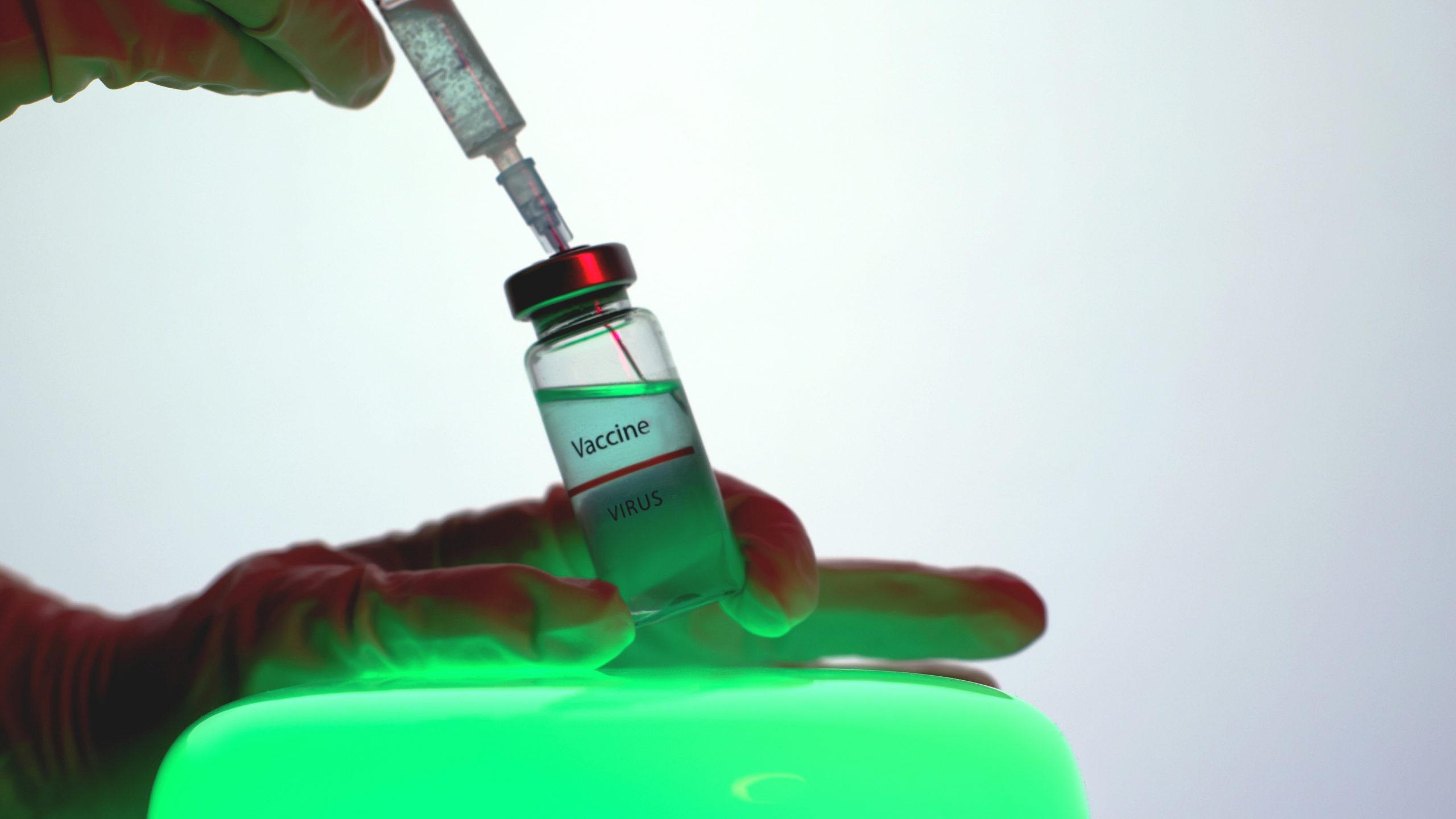Can an employer mandate a COVID-19 vaccination? And if so, are there exceptions/exclusions that must be addressed? Since the COVID-19 vaccines were first approved for emergency use, the debate has raged as to whether employers can or should require employees (as a condition of employment) to be vaccinated. And, with large numbers on both sides of the debate, the answer, while clear from a legal standpoint (at least for the moment at the federal level) is not without controversy or consequences.
Requirements for Mandatory Vaccine Policies
Health care employers have long required flu vaccines of their employees, absent a medical reason or religious belief. Accommodations have been made as required for those who cannot receive the vaccine. And mandatory vaccines in the health care industry provide some protection for the health and safety of patients and the care providers. The same rationale and rules apply to the COVID-19 vaccine. Continue reading


 With governments locking down communities to combat the COVID-19 pandemic, health care providers and practitioners scrambled to find ways to deliver care to patients at their homes or residences. CMS relaxed restrictions on
With governments locking down communities to combat the COVID-19 pandemic, health care providers and practitioners scrambled to find ways to deliver care to patients at their homes or residences. CMS relaxed restrictions on 
 By:
By: 
 By:
By: 
 By:
By: 
 By:
By: 


